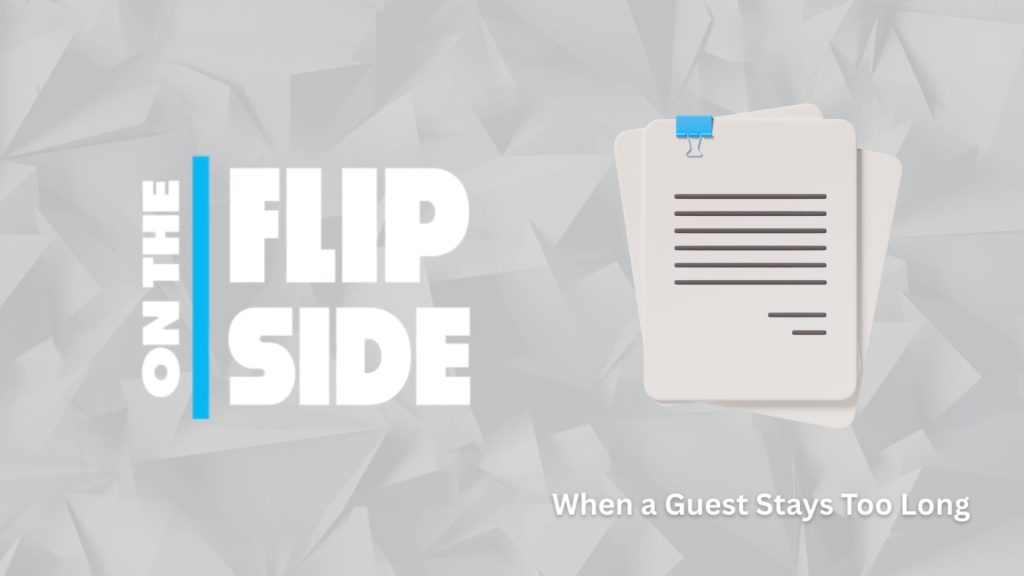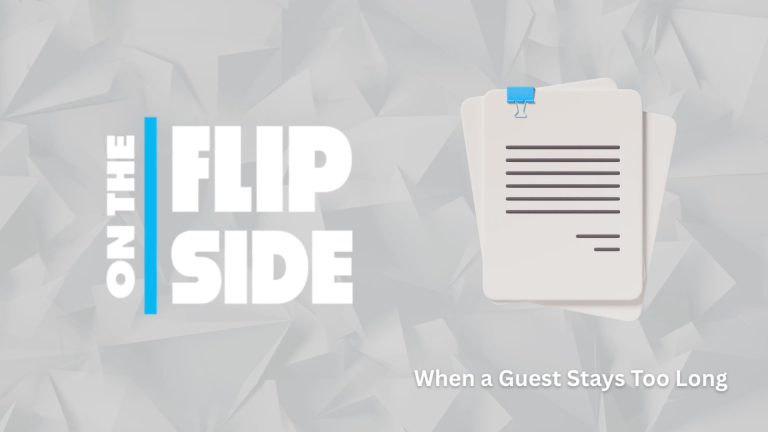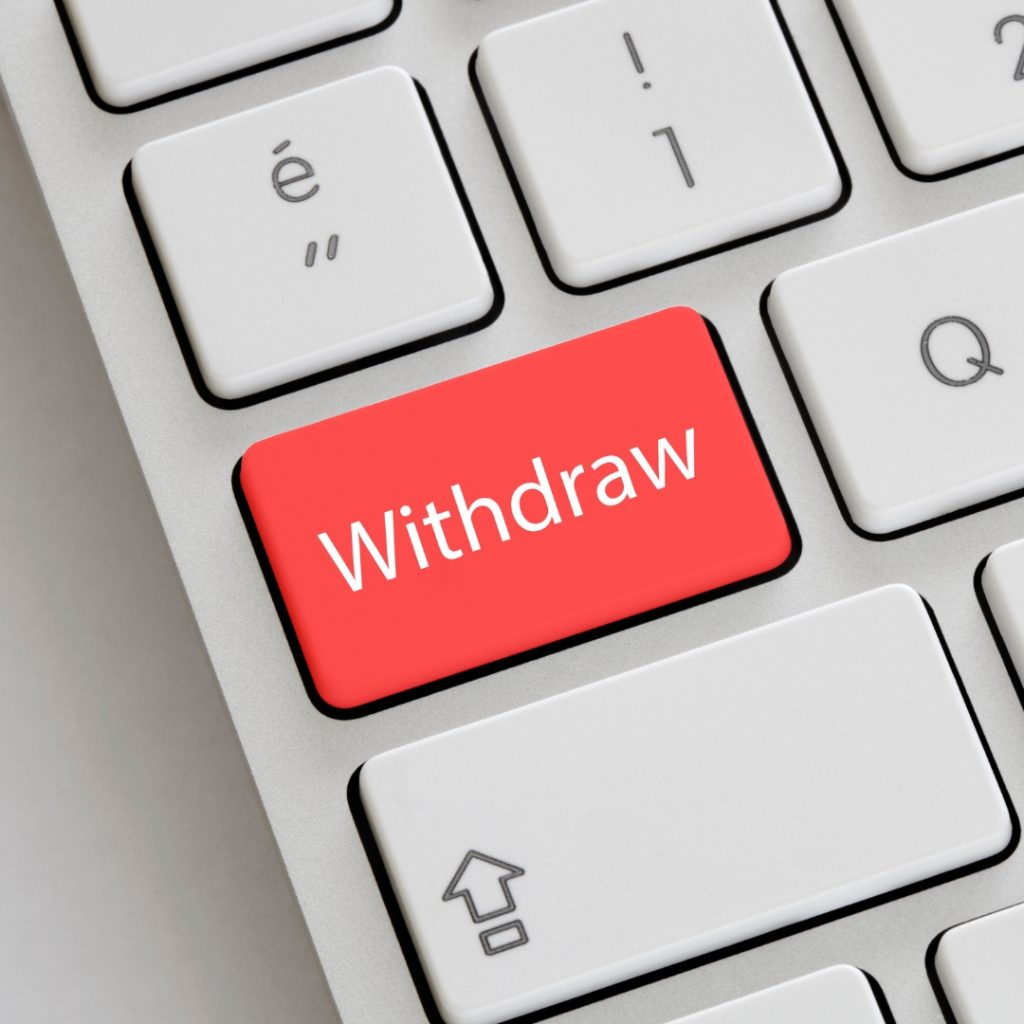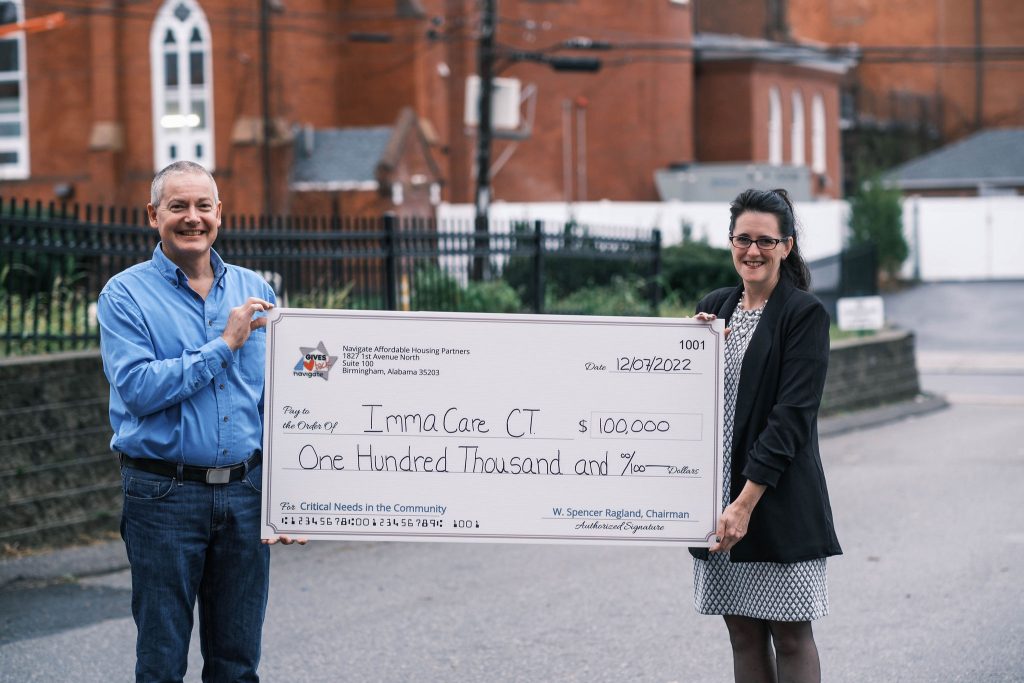In Section 8 housing, guest visits are expected, but prolonged stays can cross the line. When that happens, you may be dealing with an unauthorized occupant, which puts subsidy compliance and lease enforcement at risk.
This post is the ‘On the Flip Side’ response to our recent ‘Knowing More’ video for residents. While that video focused on what residents need to know about guest limits, today we’re shifting perspective.
Let’s talk about how property managers can—and should—respond when a guest becomes an unauthorized occupant in PBRA housing.
Know What the Lease and HUD Say
Most leases outline guest limits clearly. While the specifics can vary, HUD’s guidance suggests 14 consecutive days or 30 total days in a calendar year as a baseline.
If a guest exceeds that limit, the next step isn’t eviction—it’s documentation, communication, and a structured response.
Signs of an Unauthorized Occupant
A person may be considered more than a guest if they:
- Stay overnight regularly
- Move personal belongings into the unit
- Receive mail at the address
- Begin appearing to live in the unit full-time
If you consistently see these signs, it’s time to take action.
How to Respond Professionally
Property managers have several tools to address the issue:
- Request written documentation from the resident
- Issue a lease reminder outlining guest stay limitations
- Require the guest to apply for approval, if appropriate
- Begin lease enforcement procedures if the resident is uncooperative
Always refer back to both the lease and HUD Handbook 4350.3 for proper process.
Pro Tip: Consistent documentation is key. Note each conversation, notice, and observed behavior to protect yourself and ensure compliance.
Enforce, But Don’t Escalate Too Quickly
It’s essential to recognize that some residents allow guests to stay longer for legitimate reasons—childcare, recovery, and emergencies. Approach the situation with professionalism and clarity, not assumptions.
Remind residents: you’re not trying to penalize them. You’re working to protect their assistance and the integrity of the program.
From Education to Enforcement
If you’ve already shared our Knowing More video on guest limits with your residents, consider this blog and video the follow-up tool for your staff.
Use On the Flip Side: When a Guest Stays Too Long to:
- Train new managers on how to identify unauthorized occupants
- Refresh your enforcement policy
- Share during staff meetings or compliance audits
You can watch the full video here up top.
Protect Your Property and Your Program
Guests staying too long may seem harmless at first, but they can quickly compromise compliance.
By recognizing the signs, responding within HUD guidelines, and documenting everything, you can handle these situations with confidence.
Knowing more isn’t just for residents. It’s how you stay in control.






